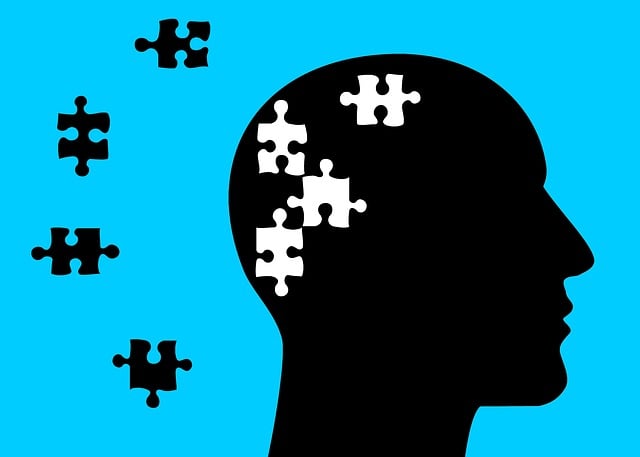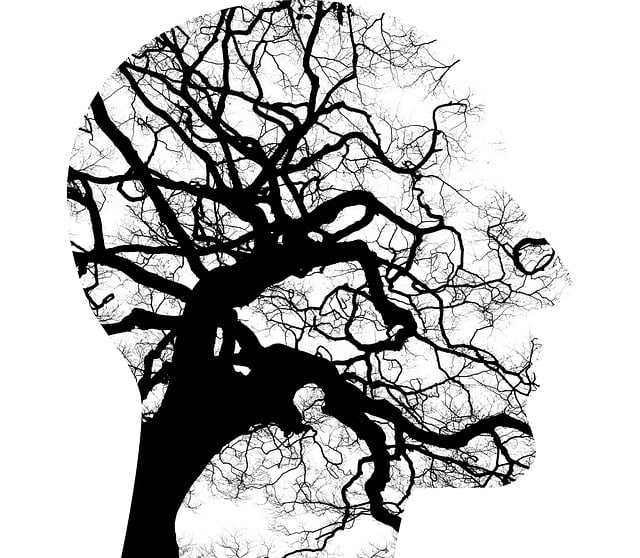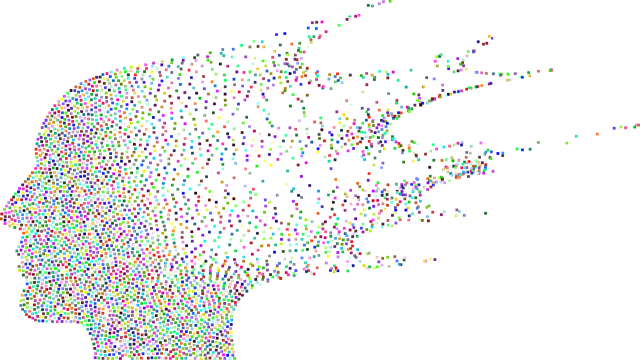The Lakewood Mandarin Chinese Speaking Therapy program tackles cultural barriers in mental healthcare for Mandarin-speaking communities. By offering tailored, culturally sensitive therapy and workshops, it ensures accurate diagnoses, builds resilience, and promotes overall well-being. Integrating diverse languages, advanced digital tools, and burnout prevention strategies enhance diagnostic accuracy. Training mental health professionals in cultural sensitivity and literacy reduces stigma and improves access to quality care. Community education initiatives, like Lakewood's program, empower individuals to manage their mental health proactively.
Mental illness diagnosis accuracy is a critical aspect of effective treatment. This article explores targeted efforts to enhance diagnosis precision, focusing on cultural barriers and their impact. We delve into the unique challenges faced by individuals from diverse backgrounds, highlighting the importance of initiatives like Lakewood Mandarin Chinese Speaking Therapy in improving assessment practices. Through enhanced tools, professional training in cultural sensitivity, and community awareness campaigns, we aim to ensure accurate diagnoses for all, regardless of linguistic or cultural background.
- Understanding Cultural Barriers to Diagnosis: The Role of Lakewood Mandarin Chinese Speaking Therapy
- Enhancing Assessment Tools and Techniques for Greater Accuracy
- Training Professionals in Cultural Sensitivity and Mental Health Literacy
- Promoting Community Awareness and Early Intervention Strategies
Understanding Cultural Barriers to Diagnosis: The Role of Lakewood Mandarin Chinese Speaking Therapy

In many communities, cultural barriers can significantly impact the accuracy and timeliness of mental illness diagnoses. This is particularly evident in areas with diverse populations, where language and cultural differences may lead to miscommunication or misunderstandings between patients and healthcare providers. For instance, in communities like Lakewood with a significant Mandarin Chinese-speaking population, ensuring access to culturally sensitive therapy services is paramount. The Lakewood Mandarin Chinese Speaking Therapy program plays a pivotal role in overcoming these barriers by offering mental health support tailored to the unique needs and cultural contexts of Mandarin-speaking individuals.
This specialized therapy not only facilitates accurate diagnoses but also fosters resilience building and emotional well-being promotion techniques that resonate with the cultural values of the community. Through organized stress management workshops and other initiatives, this program empowers participants to navigate life’s challenges more effectively while enhancing their overall mental health. By bridging the gap between cultural differences and healthcare delivery, Lakewood Mandarin Chinese Speaking Therapy contributes to a more inclusive and effective mental health care system.
Enhancing Assessment Tools and Techniques for Greater Accuracy

In the pursuit of enhancing mental illness diagnosis accuracy, the field of therapy has seen a significant push to improve assessment tools and techniques. One notable effort involves integrating diverse languages and cultural considerations, such as those offered by Lakewood Mandarin Chinese Speaking Therapy. This approach ensures that healthcare providers can accurately assess and diagnose individuals from various ethnic backgrounds, addressing potential communication barriers. By incorporating language-specific strategies, therapists can tailor their methods to capture subtle nuances in symptomatology expression, leading to more precise diagnoses.
Furthermore, the incorporation of modern assessment techniques, such as digital health tools and advanced psychological testing, plays a crucial role in improving accuracy. These tools not only aid in gathering comprehensive patient data but also provide standardized metrics for comparison. Integrating burnout prevention strategies for healthcare providers into these processes is essential to maintaining high diagnostic standards. By prioritizing mental wellness and emotional healing processes, therapists can minimize errors stemming from fatigue or workload-related stressors, ultimately enhancing the reliability of diagnosis and treatment planning.
Training Professionals in Cultural Sensitivity and Mental Health Literacy

Mental health professionals play a pivotal role in diagnosing and treating individuals with mental illnesses. To enhance diagnosis accuracy, it’s essential to focus on training these professionals in cultural sensitivity and mental health literacy. This includes understanding the impact of cultural background on mental health expressions, as well as recognizing symptoms across diverse populations. For example, Lakewood Mandarin Chinese Speaking Therapy initiatives have emerged to address unique challenges faced by individuals from Chinese-speaking backgrounds, ensuring culturally competent care that respects their linguistic and cultural needs.
By equipping healthcare providers with these skills, we aim to reduce the stigma associated with mental illness and improve access to quality care. Healthcare Provider Cultural Competency Training programs are instrumental in achieving this goal, fostering an environment where professionals can accurately assess symptoms without bias, ultimately leading to more effective treatment plans tailored to individual needs. This holistic approach to mental health services is a step towards a more inclusive and supportive society.
Promoting Community Awareness and Early Intervention Strategies

In many communities, mental illness remains a hidden struggle, often due to lack of awareness and understanding. Efforts to promote community awareness are pivotal in recognizing the signs and symptoms early on, which can significantly improve diagnosis accuracy. By educating the public about common mental health conditions, their impact, and available support systems, individuals may feel more comfortable seeking help without stigma or fear of judgment. This proactive approach encourages a culture where conversations around mental wellness are normalized, fostering an environment conducive to early intervention.
Community initiatives such as workshops, support groups, and cultural events centered around mental health can effectively reach diverse populations, including those with limited access to healthcare services. For instance, Lakewood Mandarin Chinese Speaking Therapy plays a vital role in addressing the unique needs of the Chinese-speaking community by offering specialized therapy sessions tailored to cultural nuances. Through these programs, individuals gain valuable knowledge about maintaining inner strength, cultivating positive thinking, and developing effective coping skills—all essential strategies for managing mental health proactively.
Mental illness diagnosis accuracy has been enhanced through multifaceted efforts, including addressing cultural barriers with initiatives like the Lakewood Mandarin Chinese Speaking Therapy. Advances in assessment tools, professional training in cultural sensitivity and mental health literacy, and community-driven early intervention strategies have collectively contributed to improving diagnostic precision. These comprehensive improvements not only ensure more accurate care but also foster inclusive support for diverse communities, ultimately benefiting those struggling with mental health issues.














